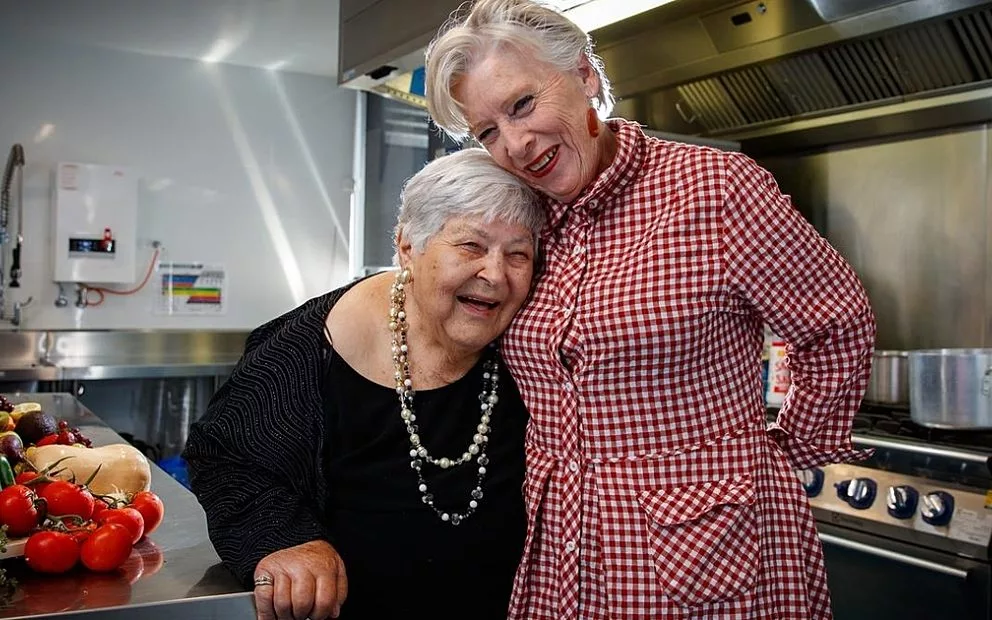Nursing homes should employ chefs, take regular advice from nutritionists and recognise that food is the inexpensive but essential ingredient to improving life for residents, chef and former Senior Australian of the Year Maggie Beer says.
Ms Beer said fixing food in aged-care homes need not be expensive, especially considering the benefits of joy, anticipation, social interaction and respect it brought.
“I think food can be an easy fix,” she said. “I think it’s dirt cheap.”
She said costs could be kept low in the perfect nursing home – one with a kitchen garden and some fruit trees, as well as dedicated kitchen staff and management.
“But a lot depends on the skill and passion of the cook or chef,” she said.
The SAHMRI based Maggie Beer Foundation and the federal health department held a national congress on food, nutrition and dining in aged care.
The meeting came in the wake of scathing criticisms of the quality of food made to the aged-care royal commission.
Ms Beer said the role of food was undervalued in aged- care homes, yet it could make residents feel more vital and valued by stimulating an “appetite for life”.
She said cooks and chefs from nursing homes would attend her classes and return to work with enthusiasm, “only be stopped by continuing constraints or lack of interest”.
It was critically important that every home had at least one chef, she said.
A survey showed 60 per cent of homes with fewer than 50 residents, and 30 per cent of homes with 50-99 residents, had no trained chef.
That survey also found only 17 of 223 homes mentioned regular reviews by a dietitian as part of monitoring residents’ nutritional health, and only half of all homes used dietitians to audit their menus.
Yet one study considered by the royal commission found that two-thirds of nursing home residents were malnourished or on the verge of malnourishment.
“On entering an aged-care home, people’s worlds become smaller and food is critical to conveying a sense of home, familiarity, value and comfort,” Ms Beer said.
Yet many homes had made food a functional, transactional experience focused on meeting safety, cost, clinical, hydration and nutrition needs.
As a result, they failed to offer “a flavoursome, sensory, joyful, sociable and valued experience”.
This story was reproduced with permission from The Advertiser.



